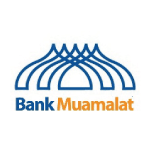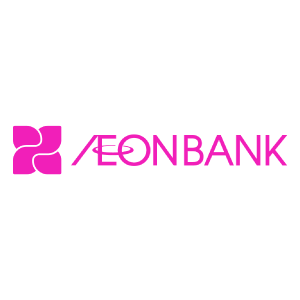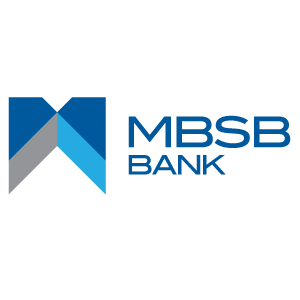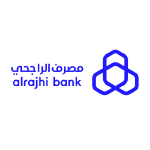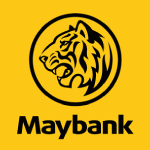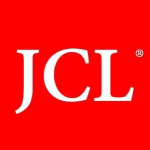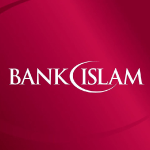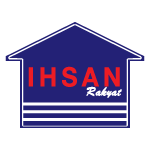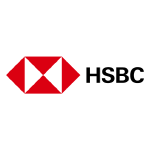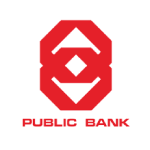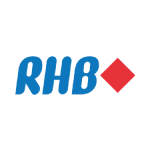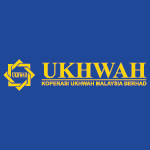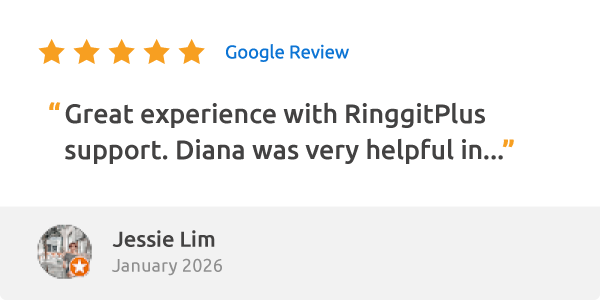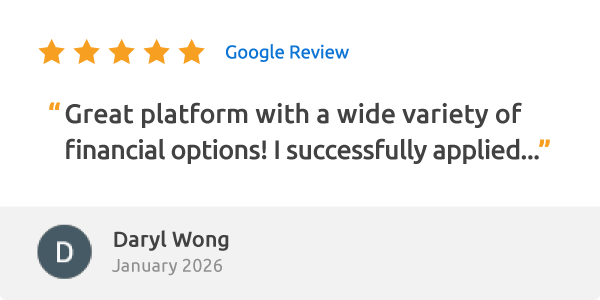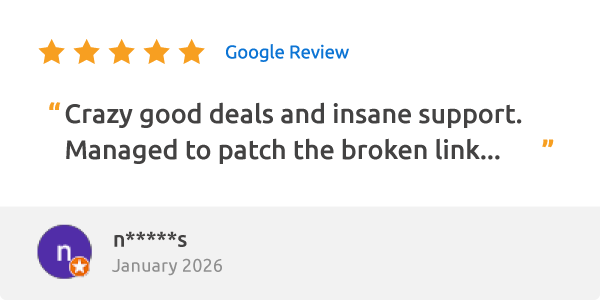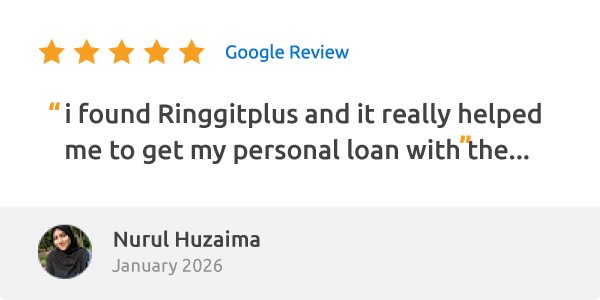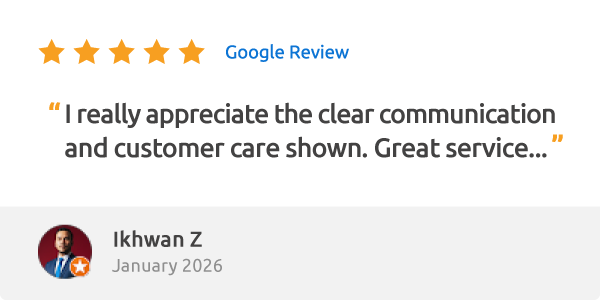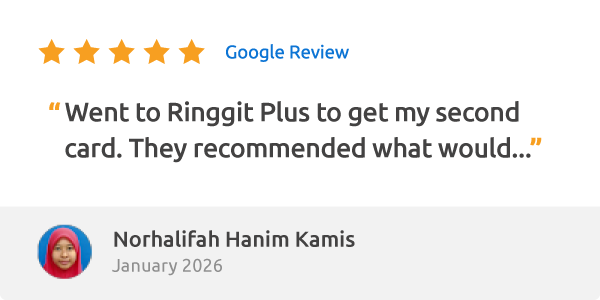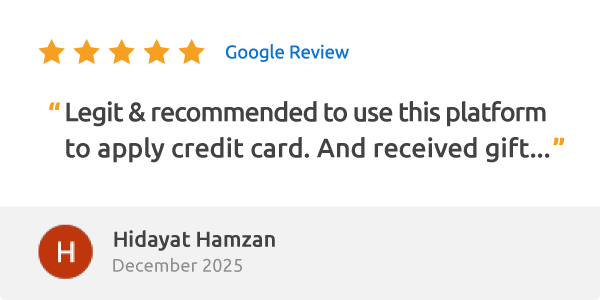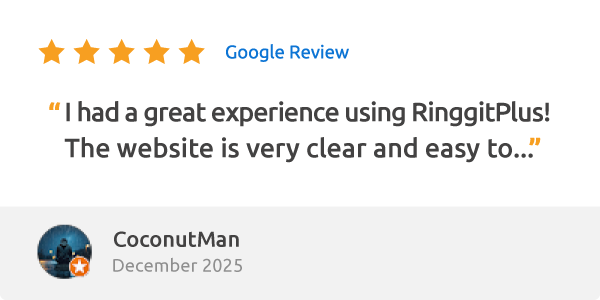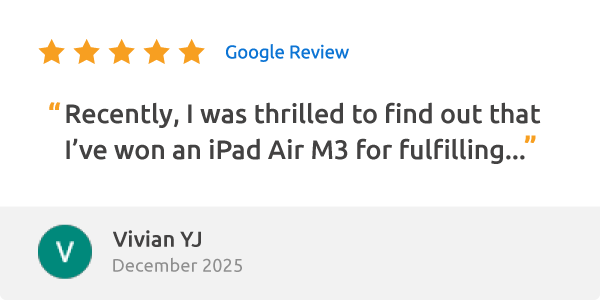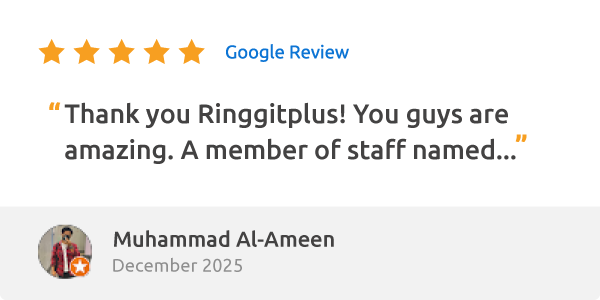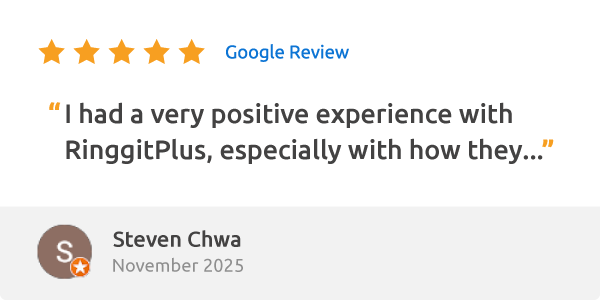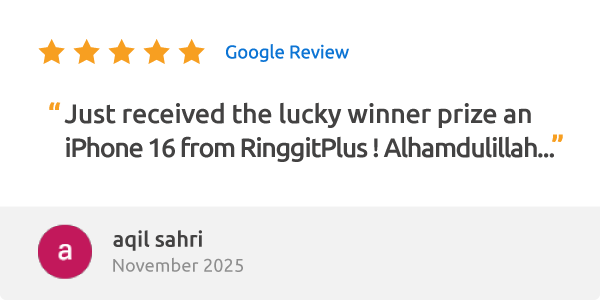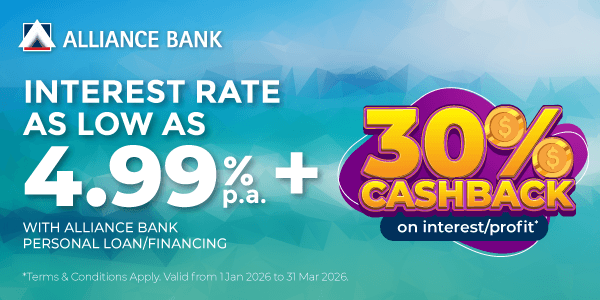Understanding Islamic Personal Financing in Malaysia 2026
Shariah-compliant banking in Malaysia is strictly controlled by the Shariah Advisory Council of Bank Negara. This group makes sure every Islamic personal financing follows fair and ethical rules. Essentially, they protect you from unfair banking practices.
For example, these loans never involve Riba, so you don't have to deal with high-interest rates. They also avoid Gharar, which means the contract won't have any hidden or confusing "gambling" risks, which mean everything is clear and upfront. You can also be sure your money isn't supporting any Haram industries like gambling or alcohol. Above all, Shariah banking is designed to stop Zulm, ensuring the bank can't treat you unfairly or use oppressive terms. This system gives you a clean, transparent way to borrow money while staying true to your values.
How does Islamic personal financing work? (Shariah-Compliant financing in Malaysia)
An Islamic personal financing works by avoiding interest, or Riba, which is prohibited in Islam. Instead of a direct loan, it operates as a buy-and-sell transaction based on a Shariah-compliant ethical principle. The bank first buys an asset or commodity on your behalf. It then sells that same asset to you at a higher price, which becomes your total repayment amount. The bank then gives you the cash from that sale. This way, you get the money you need while the bank earns a profit from a legal sale, making the process Shariah-compliant and ethical.
Are Islamic personal financing in Malaysia free from interest rates?
Yes, Islamic personal financing are free from conventional interest, or riba. But that doesn’t mean they are free. Instead, they follow Shariah-compliant rules. Here's how it works: The bank may buy a commodity or asset for you. Then, it sells that same asset to you at a profit. This profit is agreed on up front. It replaces the interest you would normally pay.
The whole idea is to avoid earning money purely from money. The loan is instead based on a real trade or service. So, while you still repay more than what you received, the process is considered fair, transparent, and aligned with Islamic principles.
What are the benefits of Islamic personal financing?
Although the benefits of a Shariah-compliant financing are quite similar to those of conventional loans in the market, there are a few benefits that you only get to enjoy with the former option.
The list below is just some of them. You can get more details by checking in with your choice of Islamic bank/lender.
Benefit 1: Lower late payment fees
If there’s any late settlement on loan repayments, the fees may be lower than a conventional loan charge, as compounding interest is prohibited by the Shariah principles. Based on the Ta’widh concept, Islamic banks are subject to charge late payment fees at a maximum rate of 1% per annum.
Benefit 2: No early settlement fees
Any early loan settlement before the expiry of the loan tenure will get a rebate. Known as Ibra’ (rebate), Islamic personal financing pay an incentive to customers who pay off their loans ahead of time. Do note that not all Islamic banks provide this benefit.
Benefit 3: Fixed repayment amount
The repayment amount is a fixed one for the entire tenure, as compared to conventional loans, where it varies.
What is the maximum Islamic loan I can get?
The maximum Islamic personal financing amount you can get is not a fixed number and is not determined by a single factor. While many Islamic banks in Malaysia offer financing of up to RM250,000, the final amount you are approved for depends entirely on a thorough assessment of your financial health and creditworthiness.
What are the key factors that influence the maximum amount you can borrow?
Just like conventional banks, Islamic banks carefully evaluate your financial situation. This is to determine the maximum amount they can lend you. They want to ensure you can manage repayments easily without falling into financial distress. This is a critical step that aligns with the ethical principles of Shariah-compliant financing, which prioritises your financial well-being.
There are a few key factors that can influence the amount you can borrow from banks:
1. Your Income and Debt-Service Ratio (DSR): This is the most important metric. It shows how much of your monthly income is already being used to pay off existing debts. As a general guide, your total debt repayments should not be more than 60-70% of your monthly income. The bank will use this ratio to decide how much of your remaining income can be used for a new loan payment. This will then set your maximum borrowing limit.
2. Your Credit Score and History: Your credit score, as reported by agencies like CCRIS, provides a snapshot of your past financial behaviour. A high score, with a history of on-time payments and responsible debt management, signals to the bank that you are a low-risk borrower. This will not only make it easier to get approved but can also qualify you for a higher loan amount at a more competitive profit rate. Conversely, a poor credit history with missed payments or defaults will significantly reduce your chances of approval or result in a much smaller loan amount.
3. Employment Status and Stability: Banks prefer borrowers with a stable and consistent income source. Your employment type (salaried vs. self-employed) and your length of service are crucial. A permanent, salaried employee with a long-standing position is generally seen as a lower risk than a contract worker or a self-employed individual with an inconsistent income. This stability gives the bank confidence in your long-term ability to meet your monthly repayments.
4. The Specific Islamic Financing Product: Each bank offers different financing products, and each product comes with its own set of terms and conditions, including a maximum loan amount. For example, a product designed for government employees might offer up to RM400,000 due to the secure salary deduction system, while a general personal financing product for a private sector employee might have a lower cap of RM200,000. The actual amount you are eligible for is a personalised figure based on your unique financial profile.
How can I choose the best Islamic personal financing in Malaysia?
The secret to a great deal is really focusing on the profit rate! You'll want to kick things off by making a shortlist of Islamic loans that offer the lowest profit rates – think of it as finding the best value for your money.
Tip 1: Compare loan tenure
Once you have your shortlist, your next smart move is to compare the loan tenure for each option. Remember, the tenure will have an impact on your monthly repayment amount. Sometimes, a super low profit rate might come with a shorter tenure, which could mean higher monthly payments – so make sure it fits your budget comfortably!
Tip 2: Calculate monthly payments
To make absolutely sure the loan is a good fit, always use a personal loan calculator. This awesome tool helps you quickly estimate your monthly repayment based on different profit rates and tenures. It's the best way to double-check your budget and make a confident decision before you commit!
How do I repay my monthly Islamic personal financing instalment?
When it comes to repaying your loan, banks usually provide several convenient options to ensure you can stay on top of your monthly instalments with minimal hassle. The method of repayment often depends on the type of loan, your employment sector, and the bank or financial institution you're borrowing from.
Here are the three most common repayment methods in Malaysia:
1. Salary Deduction
For civil servants or those applying for government/GLC personal loans, the most common repayment method is through automatic salary deduction. This is usually done via Biro Angkasa or Potongan Gaji Berjadual (PGB). The instalment amount is automatically deducted from your monthly salary before it reaches your bank account. This method ensures timely payments and is especially convenient because it removes the risk of missing a due date.
2. Auto Debit (From Salary Crediting Account)
If you're working in the private sector or opting for a conventional personal loan, you might choose auto debit as your repayment method. This allows the bank to automatically deduct the instalment amount from your salary crediting account—the account where your monthly salary is deposited. This method is reliable and helps ensure you never miss a payment, as long as there are sufficient funds in your account on the due date.
3. Standing Instruction (SI)
Standing Instruction is another popular option where you instruct your bank to deduct a fixed amount every month on a specific date. Unlike auto debit, which is usually set up by the loan provider, a Standing Instruction is manually arranged by you through your bank. It’s flexible and suitable if you’re repaying from a different account or managing multiple payments. Just be sure to maintain enough funds in your account to avoid failed transactions or late payment penalties.
Who can apply for an Islamic personal financing in Malaysia?
Similar to applying for a conventional personal loan, the requirements of applicants include Malaysian citizens with fixed incomes, with a minimum age being 18 years old and up to 65 years old. Other requirements include:
- Malaysian citizens - both Muslims and non-Muslims can apply for Islamic banking products.
- The minimum age ranges from 18 to 25 years old.
- The maximum age ranges from 58 to 65 years old.
- Minimum monthly income typically ranges from RM1,500 to RM5,000. For pensioners, the minimum monthly income is RM800.
- A guarantor or collateral may or may not be required, depending on the bank. If a guarantor is not required, a security deposit in the form of a 1-month advanced instalment amount is required. Once approved, your advanced amount will be deducted from your loan amount.
What documents should I prepare for my Shariah-compliant personal financing application?
Common documents such as a copy of your IC, salary slips, bank statements and EPF statements are usually required to make an application. However, some lenders may also request additional documents.
Below are some of the documents that you can prepare beforehand.
For salaried employees:
- Copy of your IC (both sides) AND
Submit ANY one of the following:
- Latest 3 months’ validated salary slips
- Latest 3 months’ bank statements of the salary crediting account
- Copy of the latest EPF, EA, or BE form with the official tax payment receipt
- Copy of the Letter of Appointment (if employed less than 3 months)
- Copy of the Yearly Commission Statement from the employer
For self-employed individuals:
- Copy of IC (both sides) AND
Submit ANY one of the following:
- Copy of the latest B Form with the official tax payment receipt or CPO2 attached
- Copy of the latest EPF statement
- Copy of the Busines
Which lenders offer the best Islamic personal financing in Malaysia?
We recommend Islamic personal financing from Alliance Bank, Al Rajhi Bank, HSBC Amanah, MBSB Bank, AEON and JCL.
For easy comparison and consideration, here are the six Shariah-compliant personal financing:
- Alliance Bank CashVantage Personal Financing-i
- Al-Rajhi Personal Financing-i
- JCL i-Fund Personal Financing
- HSBC Amanah Personal Financing-i
- AEON i-Cash Personal Financing
- MBSB Afdhal-i
Frequently Asked Questions (FAQs) About Islamic Personal Financing in Malaysia
What's the lowest Islamic personal financing rate in Malaysia?
The lowest Islamic personal loan rate starts from 2.95% p.a. from Direct Lending for government employees, followed by RHB Personal Financing-i at 3.05% p.a. and MBSB Mumtaz-i at 3.06% p.a. The rate you get depends on your income, credit score, and loan amount.
Are Islamic personal financing really interest-free?
Yes, Islamic personal loans don't charge conventional interest (riba), but they're not free financing. Banks use Shariah-compliant contracts like Tawarruq or Bai Inah, where they buy a commodity and sell it to you at a profit. This profit replaces interest but is halal.
How do Islamic personal financing differ from conventional ones in terms of repayment?
Islamic personal financing use a fixed profit rate instead of interest, meaning the total repayment amount is agreed upfront and never changes. No compounding, no surprise charges if the financing runs its full tenure. Conventional loans charge interest on the outstanding balance, so early settlement actually reduces total cost, while Islamic financing typically builds the full profit into the selling price from day one.
Can I get Ibra' rebates on my Islamic personal financing?
Some Islamic personal loans offer Ibra' rebates if you settle early, where the bank rebates part of the remaining profit portion. Banks like MBSB, Bank Islam, and Bank Rakyat sometimes offer this, but policies vary by lender.
Do Islamic personal financing cost more than conventional personal loans?
Islamic personal loans generally cost about the same as conventional loans, sometimes even less. They often have lower late payment fees (capped at 1% p.a.) and may offer Ibra' rebates for early settlement, which can save you money.
What documents do I need for Islamic personal financing applications?
You need your IC copy, 3 months of salary slips, and bank statements from your salary account. Self-employed applicants need their latest B form or BE form with tax receipts and business bank statements.
How long does Islamic personal financing approval take?
Islamic personal loan approval typically takes 3 to 7 working days, with some banks offering decisions within 24 to 48 hours for good credit. Total time from application to receiving funds is usually 5 to 10 working days.
Can I refinance from conventional to Islamic personal financing?
Yes, you can refinance by taking a new Islamic personal loan to settle your existing conventional loan. Consider early settlement penalties on your current loan and calculate whether the new Islamic loan saves you money after all fees.
What happens if I miss an Islamic personal financing payment?
Missing a payment results in late fees capped at maximum 1% per annum, which is lower than conventional loans. After 30 days, it gets reported to CCRIS, and after 6 months of non-payment, banks can take legal action.
Do Islamic personal financing require a guarantor?
Most Islamic personal loans don't require a guarantor if you meet income and credit requirements. Banks may ask for guarantors if you're borrowing above RM150,000, have low credit scores, or are self-employed with unstable income.
Can I use Islamic personal financing for any purpose?
You can use Islamic personal loans for most legitimate purposes like home renovations, weddings, medical bills, education, or debt consolidation, except Haram activities. You cannot use them to buy alcohol, finance gambling, or invest in non-Shariah-compliant businesses.
How to apply for a Islamic personal financing with RinggitPlus?
Already have one Islamic personal financing you would like to apply for? Go ahead and apply for loans online with RinggitPlus. Just click on the Apply For Loan green button above, and we will assist you all the way.
If you need suggestions for Islamic personal financing that fit your financial background, simply use our loan recommendation service. It's completely free!
